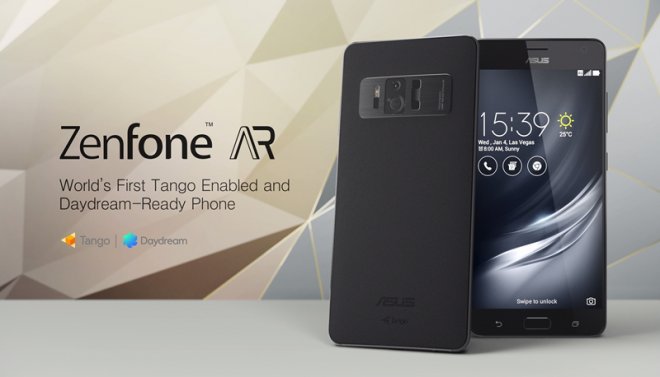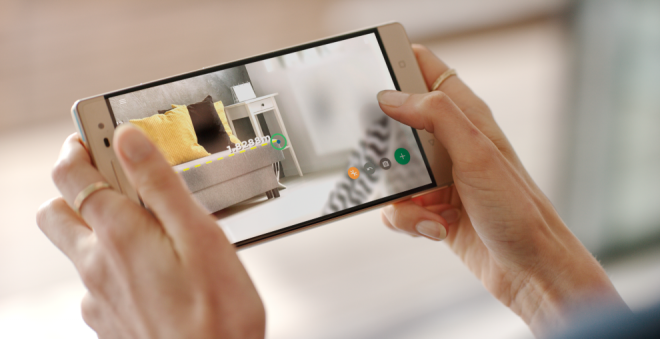Back at the CES this year in January Asus had announced the Zenfone AR, the second-ever Google Tango Phone and now after seven months, the device is finally entering the market. The smartphone, with augmented reality and virtual reality capability, is going to have two versions with two different price tags. While the 6GB RAM with 64GB storage version costs $599, the 8GB RAM with 128GB storage version is priced at $699. Amazon is selling an unlocked version of the device, which will work on all the big 5 carriers and Verizon is selling a carrier-locked version as a "Verizon Exclusive."

Tango, just to refresh your memory, is Google's augmented reality platform, which was created by the company's Advanced Technology and Projects (ATAP) group. Tango takes a smartphone and incorporates extra cameras and an IR projector for full 3D vision and six-degree-of-freedom (6DoF) tracking. A Tango store is also available out there, which sells apps that are specially made for the hardware, but, they are quite limited in number. There's not a lot to pick from there really.
Lenovo had rolled out the first Tango phone, which was the Lenovo Phab 2 Pro. The 6.4-inch humongous device, even after being Google's first AR phone, did leave a lot to be desired in terms of design. It had massive bezels that made the device a whopping 180mm high, closer to the height of an iPad mini. The device was also awfully slow. Snapdragon 652 and 4GB of RAM in Lenovo Phab 2 Pro were just not enough to run all those power-hungry Tango apps.

The ZenPhone AR is also a big device, but smaller than the Lenovo Phab 2 Pro. It's a 5.7-inch device with almost double-height bezels; however, the 158mm height is still a bit more appropriate for a smartphone. The device is, thankfully, a lot faster, as it packs in a Snapdragon 821 under its hoods. The device comes with 6 or 8GB of RAM, as mentioned earlier, and the Tango apps will completely make use of them. Zenfoe AR is also the first phone in the world to have Tango and Daydream both.
The Tango apps have not changed much from last year, as far as it can be seen in the Verizon's promo video and various early hands-on reports are still complaining of crashing, according to Ars Technica.
On the other hand, Apple is getting ready to roll out its ARKit, which is an augmented reality framework that requires no extra hardware. The kit will be rolled out to millions of iPhones with iOS 11.









